The rhythmic clang of wrenches and the hiss of tightening pipes – the sounds of plumbing have long been a familiar part of Kenya’s construction landscape. But just like any other industry, plumbing is evolving, driven by technological advancements and a growing demand for efficiency, sustainability, and cost-effectiveness. Here at Winstar Hardware, we’re keeping a keen eye on these exciting changes. Forget the purely traditional methods, the Kenyan construction sector is embracing a wave of plumbing innovations that are going beyond the basics. These advancements are not just about making installations easier, they’re about delivering better quality, reducing costs, minimizing disruption, and contributing to a more sustainable built environment.
In this blog, we’ll delve into 5 key plumbing innovations that are actively reshaping the Kenyan construction industry, impacting how plumbers work, and ultimately benefiting homeowners and developers alike.
1. Plumbing Innovations include Trenchless Technology
Imagine installing or repairing underground pipes without the need for extensive excavation – no massive trenches tearing up landscapes or disrupting traffic. That’s the promise of trenchless plumbing technology. While still gaining traction, it’s a game-changer, particularly in densely populated urban areas like Nairobi.
What is it?
Trenchless methods utilize specialized equipment to install, repair, or replace pipes underground with minimal digging. Techniques include pipe bursting, pipe lining (CIPP – Cured-in-Place Pipe), and directional drilling. For a visual guide on how CIPP works, check out this video.
Benefits for Kenya:
- Reduced Disruption: Less digging means minimal disruption to roads, walkways, gardens, and existing infrastructure. This is crucial in busy urban environments.
- Time and Cost Savings: Trenchless methods are often faster and require less manpower and heavy machinery compared to traditional open-trench excavation, leading to significant cost savings.
- Environmental Friendliness: Less digging means less soil disturbance and reduced carbon emissions from machinery.
- Preservation of Landscapes: Ideal for projects where preserving existing landscaping is important.
While the initial investment in trenchless equipment can be higher, the long-term benefits in terms of reduced disruption, time savings, and environmental impact are making it an increasingly attractive option for larger projects and challenging urban environments in Kenya.
2. Smart Plumbing and Leak Detection
In an era of interconnected devices, it’s no surprise that plumbing is also getting smarter. Smart plumbing technology incorporates sensors and automation to monitor water usage, detect leaks early, and even control water flow remotely.
Key Features:
- Smart Leak Detectors: These devices can be installed on water mains or individual fixtures and use sensors to detect unusual water flow patterns or moisture, alerting homeowners or building managers to potential leaks via smartphone apps. Some systems can even automatically shut off the water supply to prevent extensive damage.
- Smart Water Meters: These advanced meters provide real-time data on water consumption, allowing for better monitoring and identification of inefficiencies.
- Smart Toilets and Faucets: While perhaps not as widespread yet, smart fixtures offer features like automatic flushing, touchless operation, and personalized water settings, often with a focus on water conservation.
Benefits for Kenya:
- Water Conservation: Early leak detection is crucial in a water-scarce environment like parts of Kenya. Smart systems help prevent significant water wastage.
- Reduced Water Bills: By identifying and addressing leaks quickly, homeowners and businesses can save substantial amounts on their water bills.
- Preventing Water Damage: Early alerts allow for timely intervention, minimizing the risk of costly water damage and mold growth.
As internet connectivity and smart device adoption continue to grow in Kenya, smart plumbing solutions are poised to become increasingly popular, offering both convenience and significant long-term savings.
3. Eco-Friendly Plumbing Materials and Practices
Sustainability is no longer a niche concept; it’s a core consideration in modern construction. The plumbing industry in Kenya is also embracing eco-friendly materials and practices to create more sustainable and environmentally responsible buildings.
Focus Areas:
- Water-Efficient Fixtures: As discussed in previous blogs, the adoption of low-flow showerheads, high-efficiency toilets, and aerated faucets is a key aspect of sustainable plumbing.
- Durable and Recyclable Materials: Choosing materials like PPR (Polypropylene Random Copolymer) and PEX (Cross-linked Polyethylene) for piping offers longevity, corrosion resistance, and ease of recycling compared to older materials like galvanized steel. Winstar Hardware is proud to stock these modern, sustainable piping solutions.
- Rainwater Harvesting Integration: Designing plumbing systems to seamlessly integrate rainwater harvesting for non-potable uses is becoming increasingly common.
- Water Recycling Systems (Greywater): While adoption is still limited, systems that collect and treat greywater (wastewater from showers and sinks) for reuse in irrigation or toilet flushing are a growing area of interest for larger commercial and residential projects focused on maximizing water efficiency.
By prioritizing eco-friendly materials and practices, the Kenyan construction industry can build more sustainable and resource-efficient buildings that have a lower environmental impact and offer long-term cost savings for owners.
4. Piping Technology is the Backbone of Plumbing Innovations
The pipes themselves are the unsung heroes of any plumbing system. Ongoing advancements in piping technology are leading to more reliable, durable, and easier-to-install solutions.
Key Materials:
- PPR (Polypropylene Random Copolymer): Its excellent heat resistance, chemical resistance, and leak-proof heat fusion joints make it a preferred choice for both hot and cold water systems in Kenya. [Click here to view our PPR piping section]
- PEX (Cross-linked Polyethylene): Its flexibility, resistance to corrosion and scaling, and ease of installation (often requiring fewer fittings) are making it increasingly popular, particularly for residential applications.
- HDPE (High-Density Polyethylene): Known for its strength, flexibility, and resistance to chemicals, HDPE is often used for underground water mains and drainage systems.
Benefits:
- Increased Lifespan: Modern piping materials are designed to last longer than traditional options, reducing the frequency of replacements and associated costs.
- Improved Water Quality: Materials like PPR and PEX are non-corrosive, ensuring that the water delivered to your taps remains clean and free from rust or other contaminants.
- Easier Installation: Features like the flexibility of PEX and the reliable fusion welding of PPR can streamline the installation process, saving time and labor costs for plumbers.
5. Investing in the Future by Enhanced Training and Skills Development
While not a physical technology, the increasing focus on enhanced training and skills development within the Kenyan plumbing industry is a crucial plumbing innovation. Recognizing the shortage of skilled plumbers, various initiatives are underway to equip the next generation with the expertise needed to implement these new technologies and maintain high standards.
Key Initiatives:
- Vocational Training Programs: Increased investment in and modernization of vocational training institutions offering plumbing courses.
- Dual Apprenticeship Programs: Collaborations between training institutions and industry players (like the “PropelA” project by Swisscontact and the Hilti Foundation) provide practical, on-the-job training alongside theoretical knowledge.
- Accreditation by NITA (National Industrial Training Authority): Ensuring that training programs meet national standards and produce qualified plumbers.
A well-trained workforce is essential for the successful adoption and implementation of these plumbing innovations. By investing in skills development, Kenya is building a robust and competent plumbing industry capable of meeting the demands of a growing and modernizing nation.
Looking Ahead: A Exciting Changes for Kenyan Plumbing
The plumbing industry in Kenya is dynamic and evolving rapidly. These five plumbing innovations – trenchless technology, smart plumbing, eco-friendly materials and practices, advanced piping, and enhanced training – are collectively reshaping how plumbing systems are designed, installed, and maintained.
At Winstar Hardware, we are committed to providing Kenyan plumbers and homeowners with access to the latest and most reliable plumbing solutions. By staying informed about these innovations, you can ensure your projects are efficient, sustainable, and built to last.
What plumbing innovations are you most excited about? Share your thoughts and experiences in the comments below!
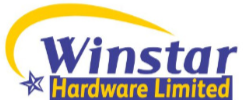

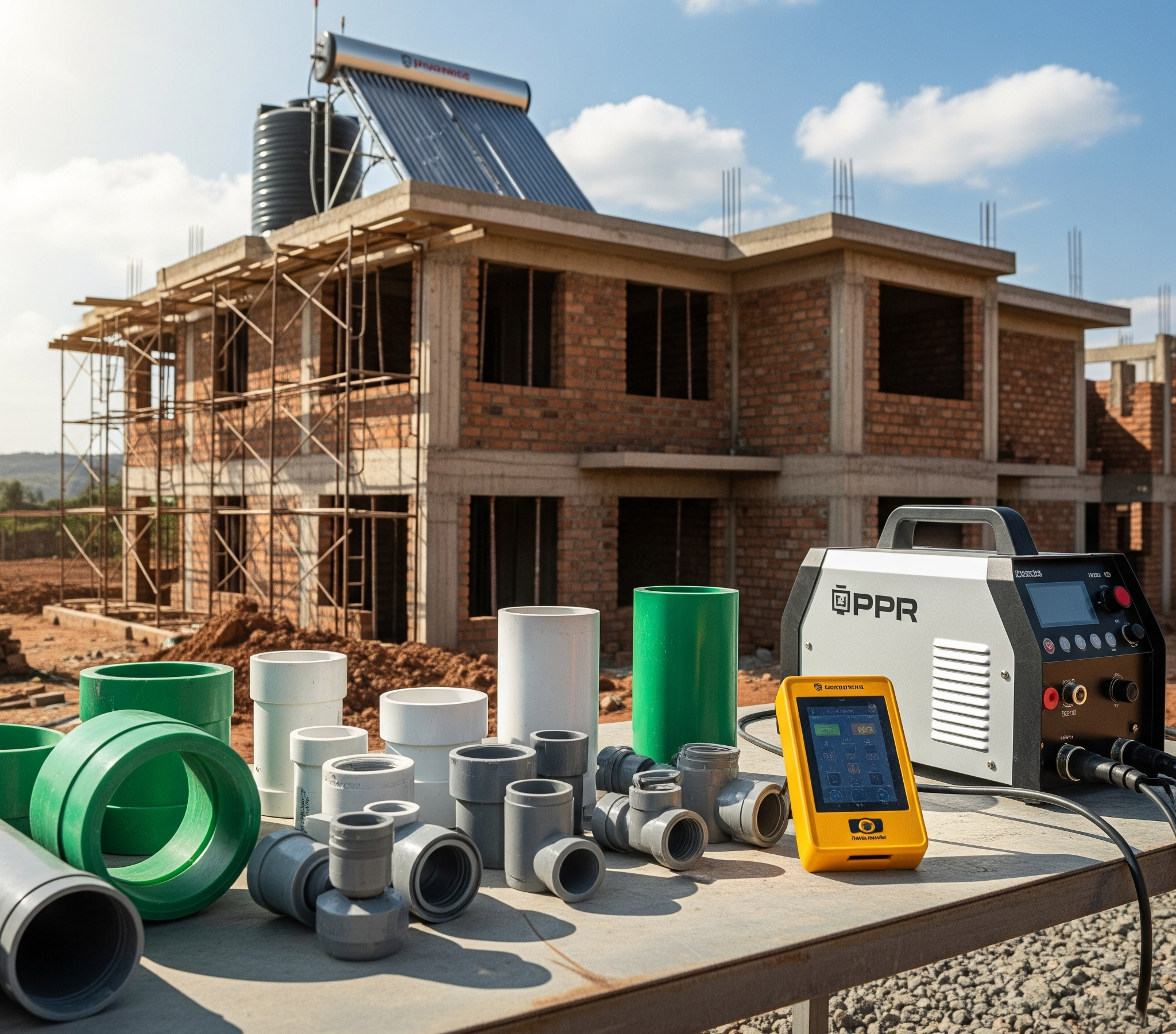
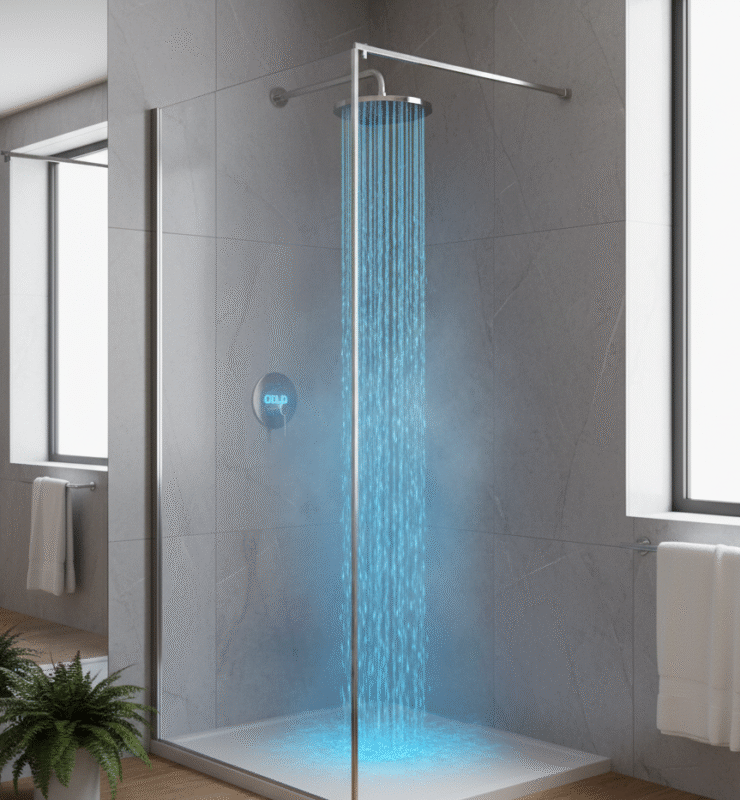
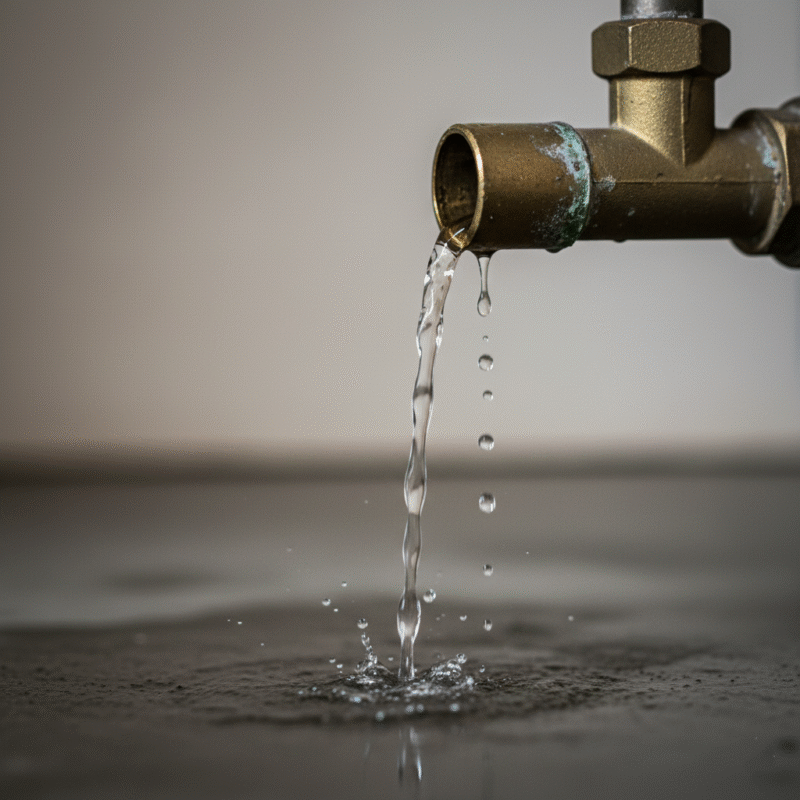
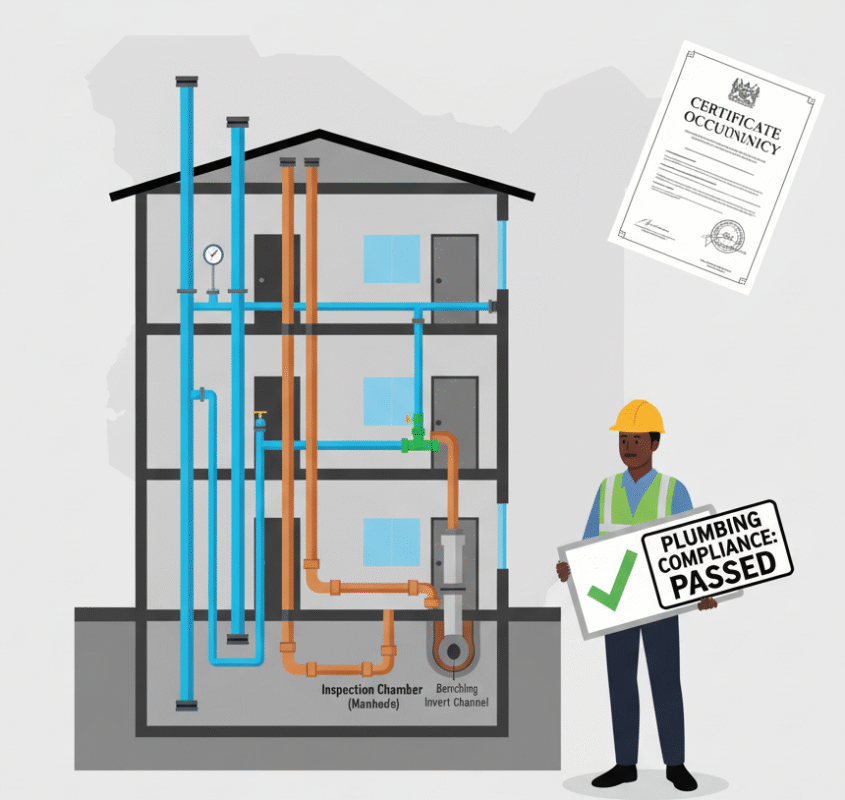
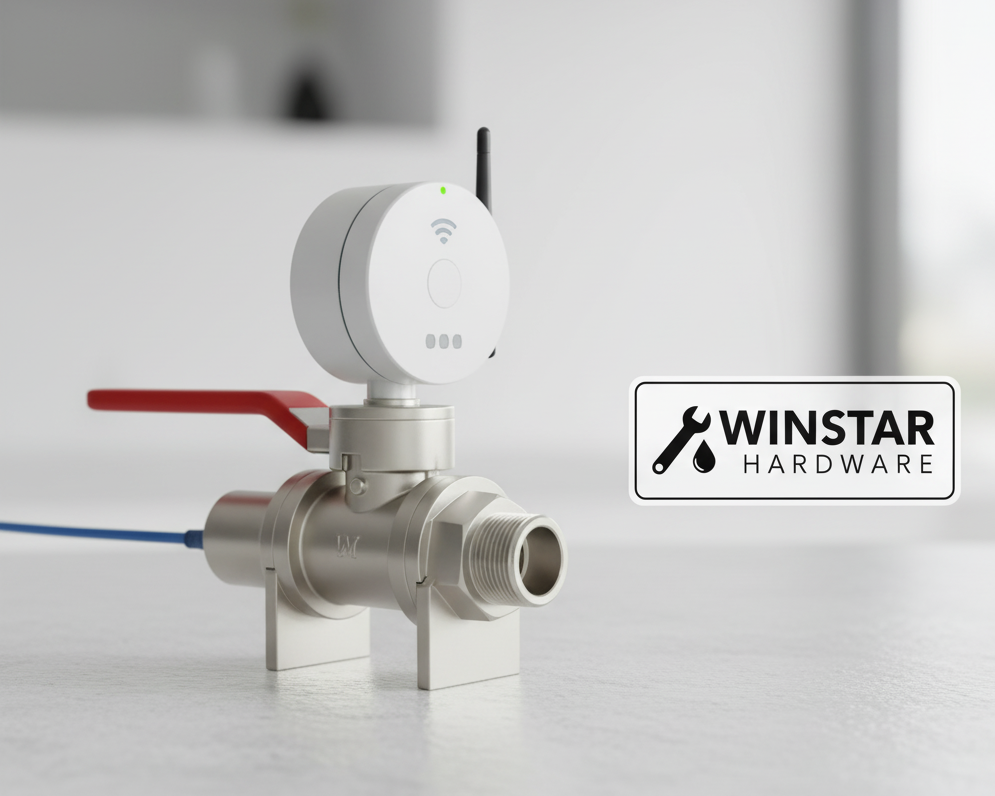
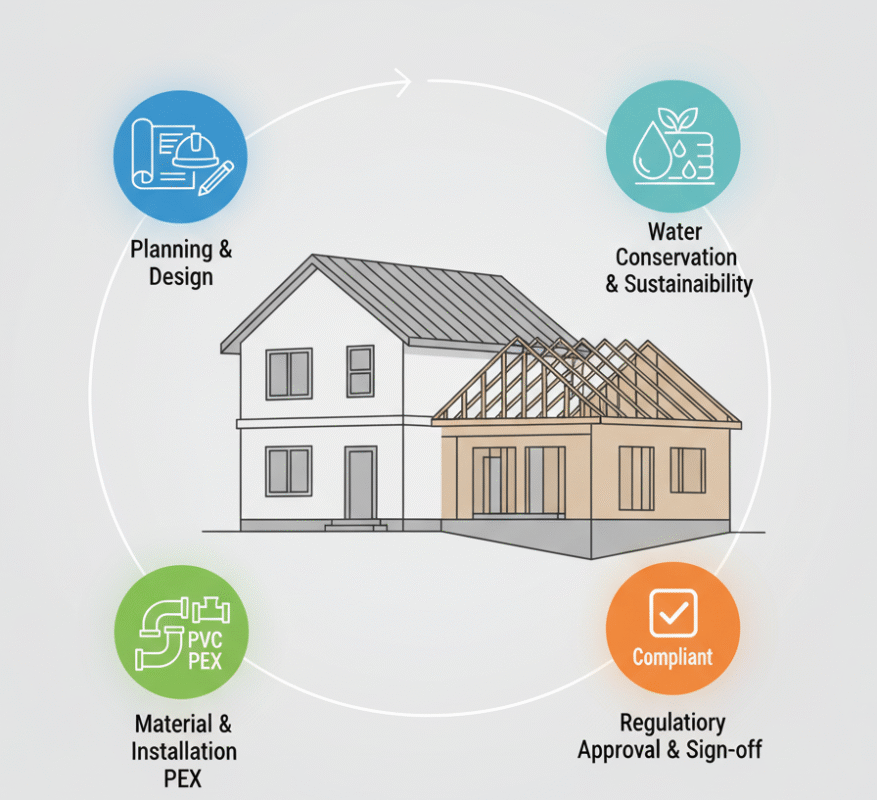
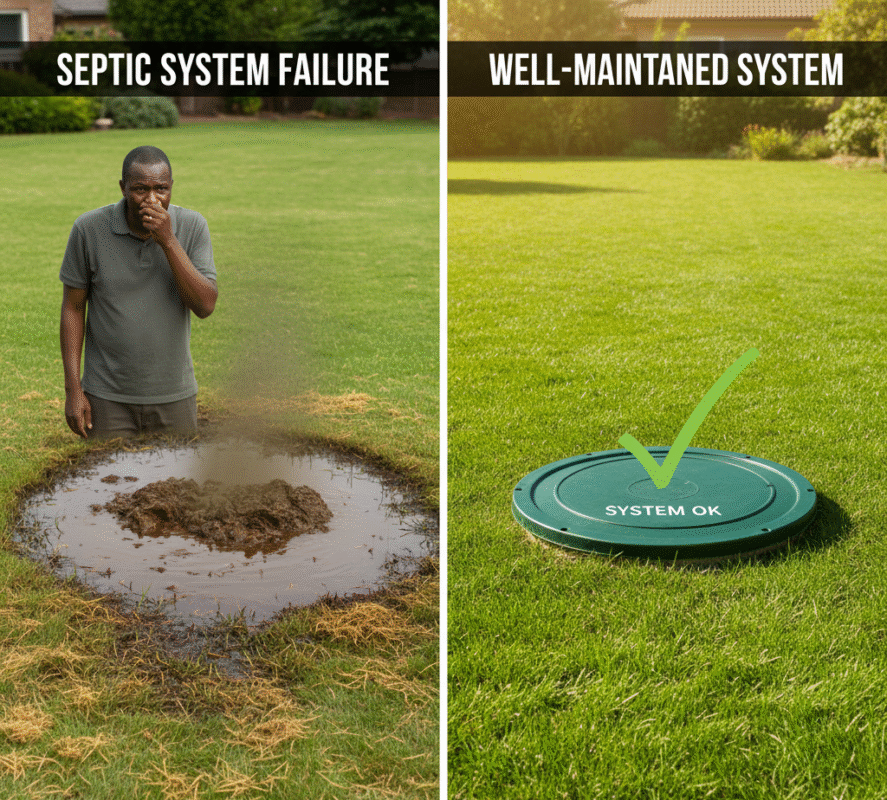
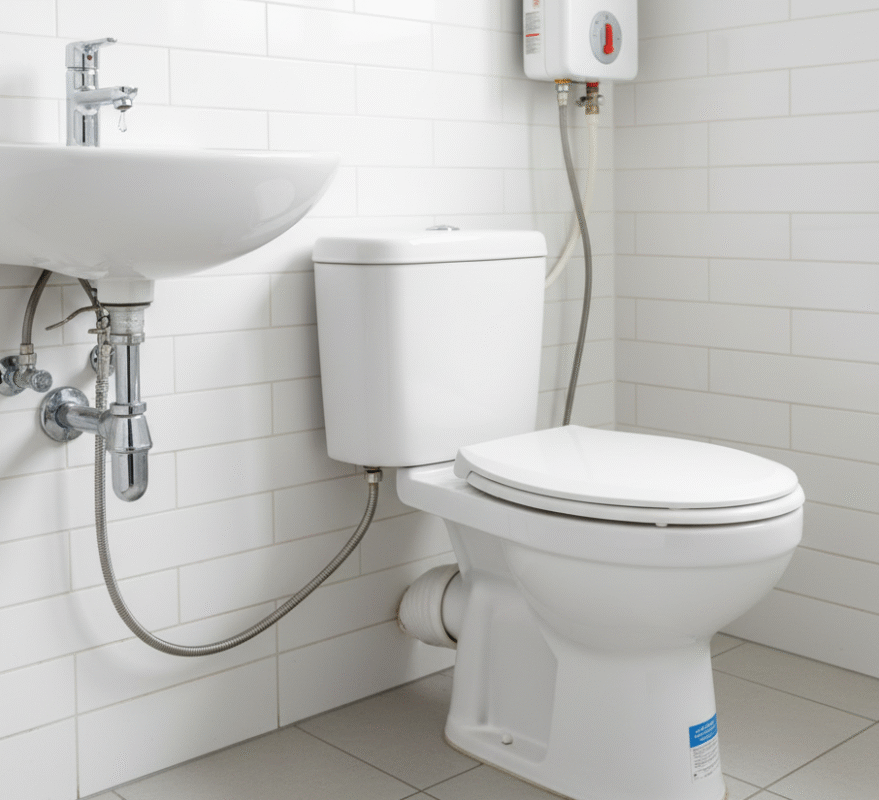
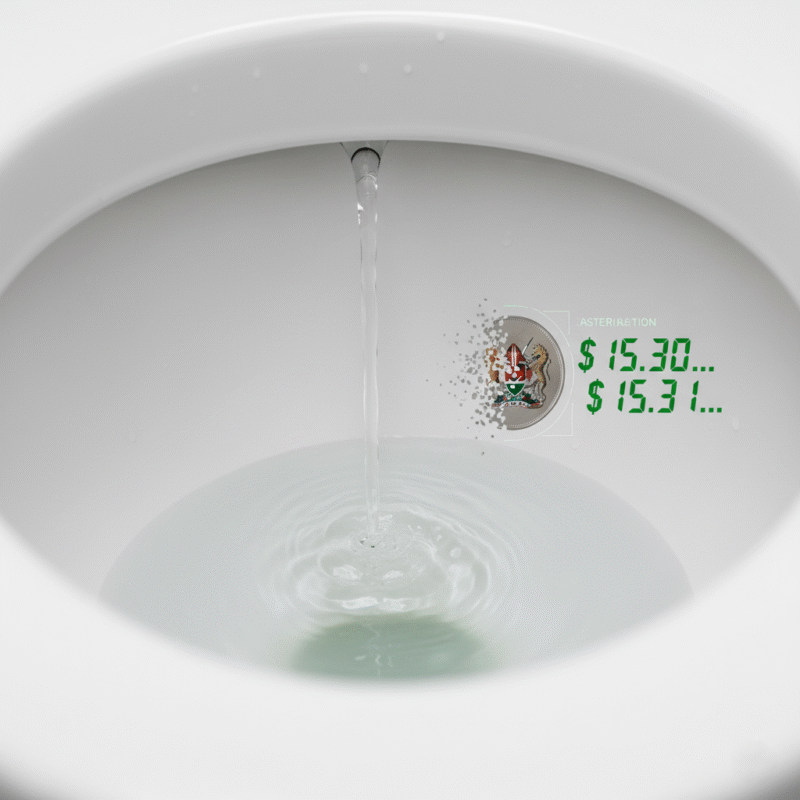
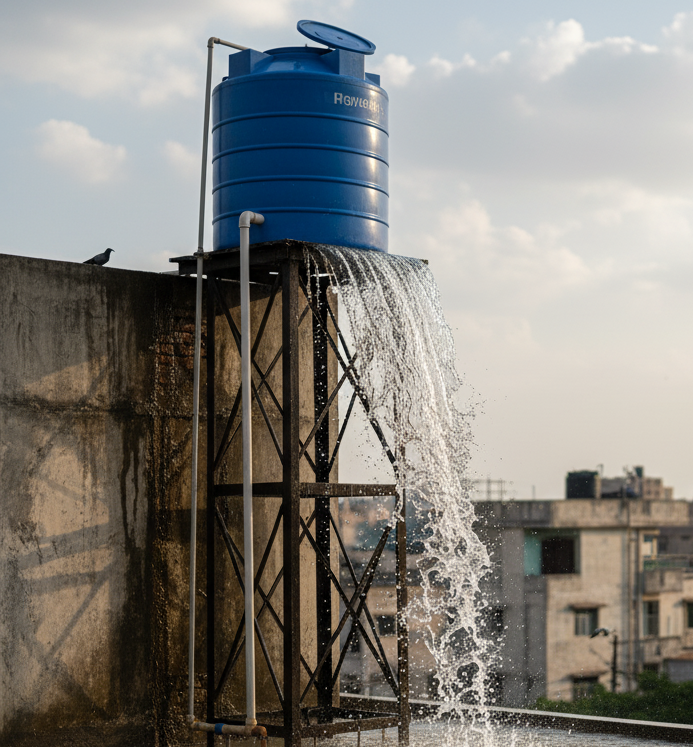
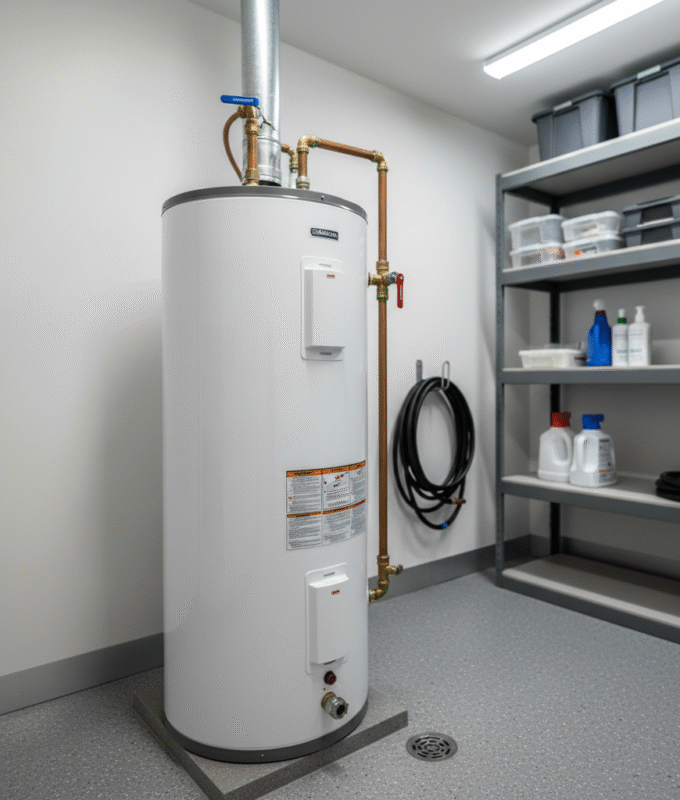
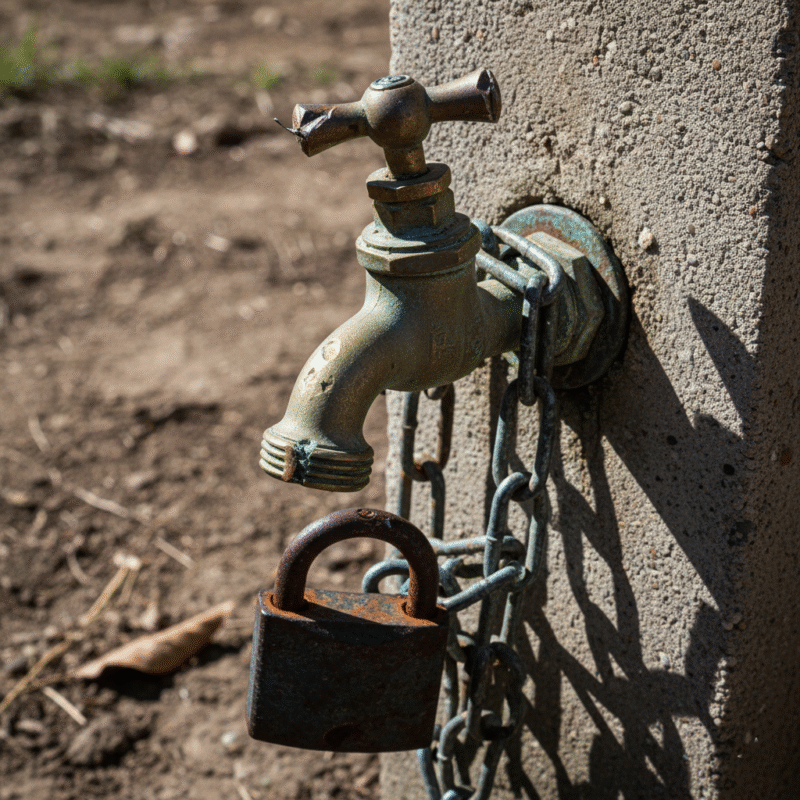
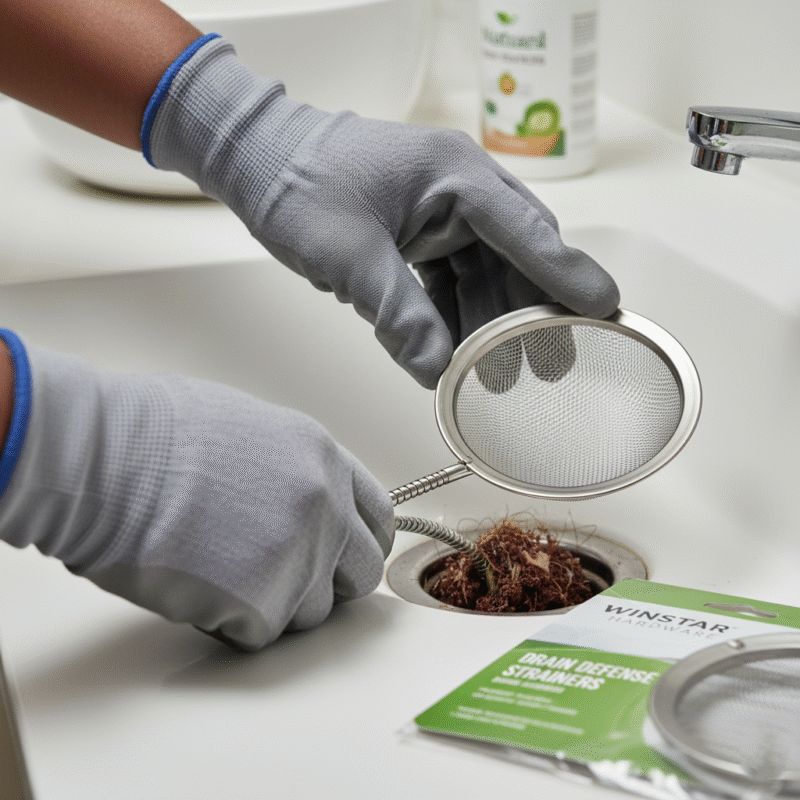









One thought on “Plumbing Innovations Reshaping the Kenyan Construction Industry”